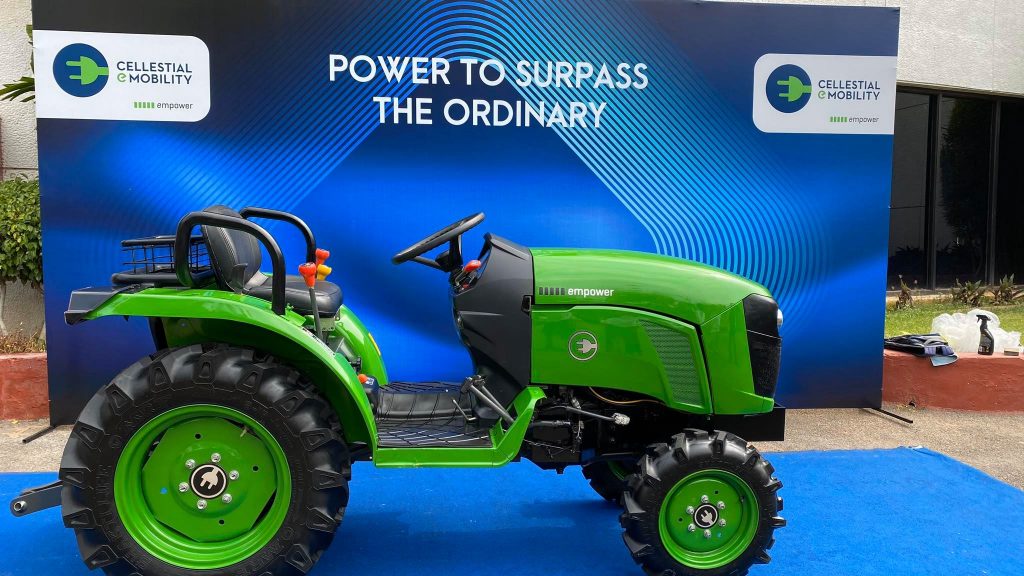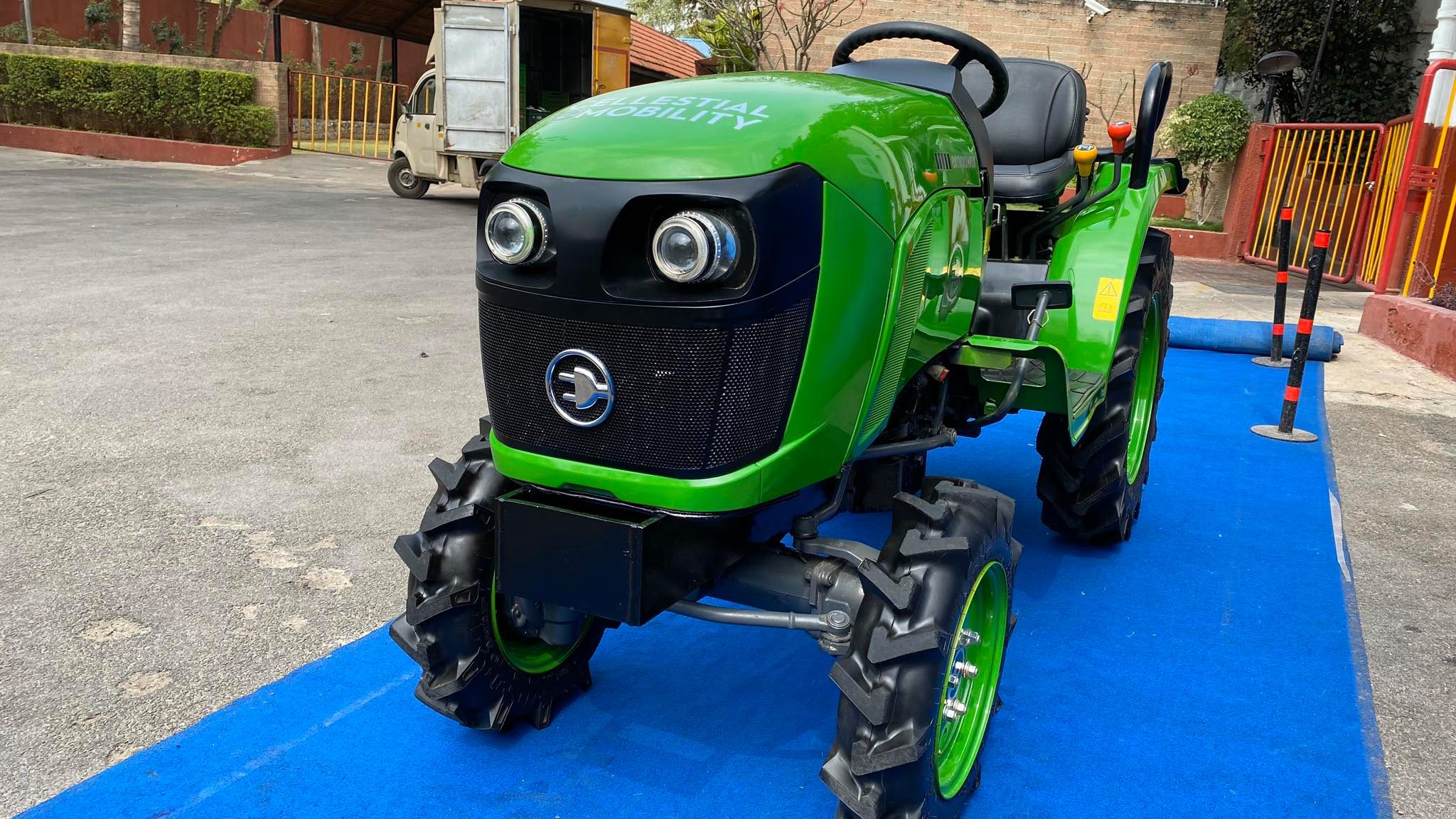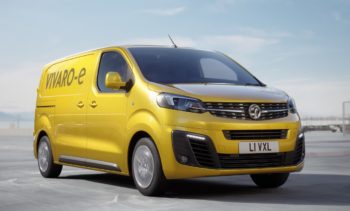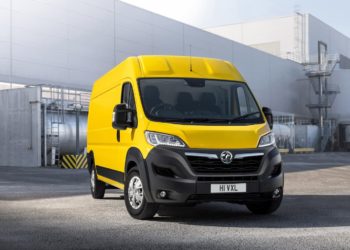E-Tractor from Cellestial E-Mobility in action
The E-Tractor makes a maximum power output of 18 hp and peak torque of 53 Nm and can reach a maximum speed of 20 km/h. It returns a range of 75 km on a single charge and according to the company’s Co-Founder & Partner, Syed Mubasheer Ali. The electric tractor can be charged to its full capacity in 6 hours with a regular residential charger and in 2 hours with a fast charger of industrial infrastructure.
Cellestial E-Mobility claims that the running cost of the E-Tractor will be significantly less than a conventional 21 hp diesel tractor, which could cost Rs 150 per hour. The electric tractor will have a running cost of Rs 20 to Rs 35 per hour.
Siddhartha Durairajan, Co-Founder Promoter of Cellestial E-Mobility says that the E-Tractor has been developed to be an environment-friendly zero-emission vehicle that can be put to use in various applications including horticultural or greenhouses, airports, factories, warehouses, and similar applications.

The Hyderabad-based start-up is looking to tap into the tractor segment of India, which is estimated to grow at a CAGR of 6.9 per cent per annum till 2024. The company is targeting to build 8,000 tractors in the next three years at its production plant in Balanagar Industrial area and will increase the production according to the demand.
Beginning its operations in May 2019, Cellestial E-Mobility raised a round of investment of $200,000 funding from a Singapore-based angel investor.
Cellestial E-Mobility’s product is not the first electric tractor in India. In 2017, Escorts showcased an electric tractor concept and a year later followed it up with an autonomous tractor concept.



